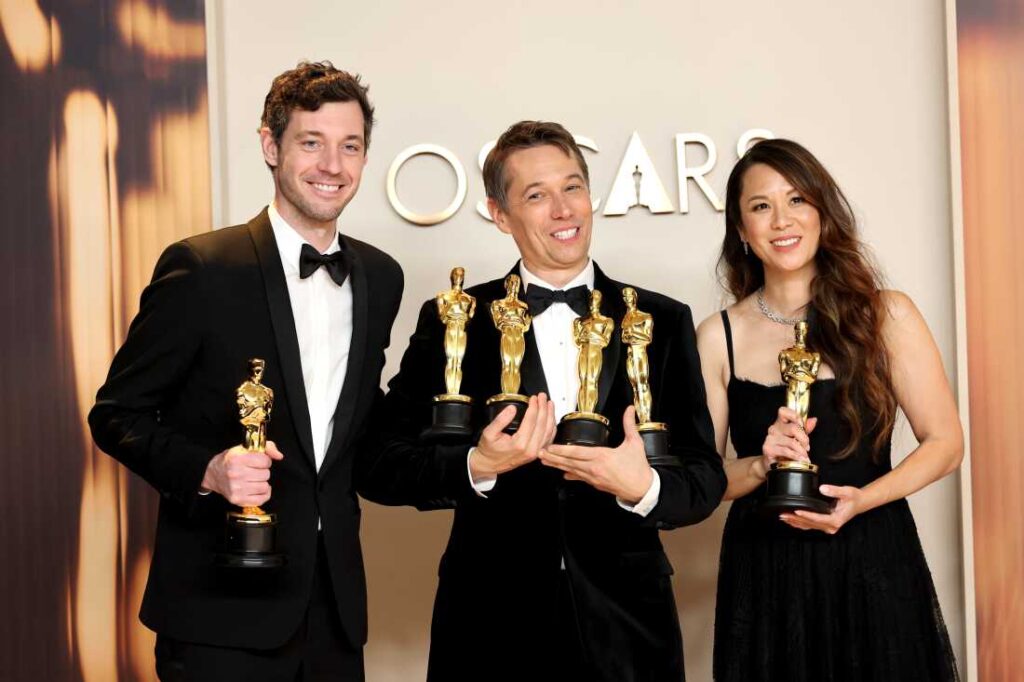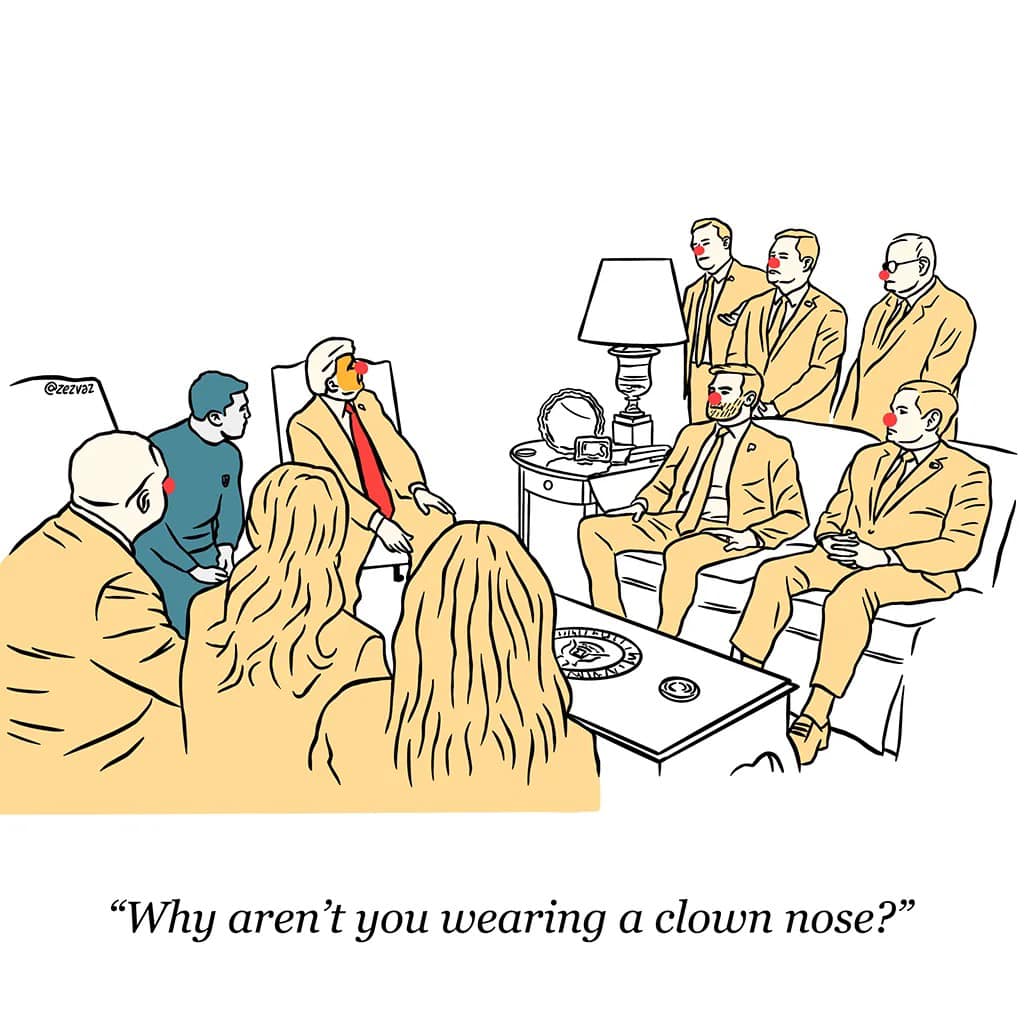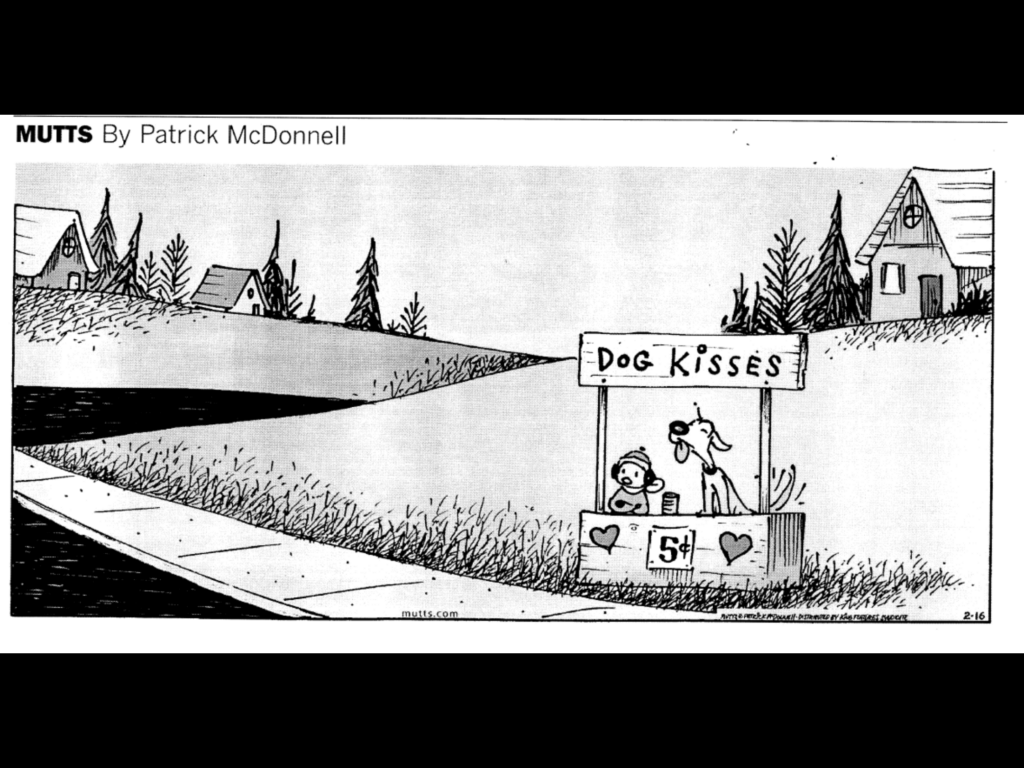Chuck & Jadie’s Start-Up
The Oscar Bump Is Broken. Now What?

An independent film just won big. That’s not new.
Anora took five Oscars, including Best Picture. Sean Baker’s film beat out blockbusters and studio darlings. That used to mean a box office surge.
But two weeks later, Anora will be on Hulu.
That is new.
The “Oscar bump” once meant millions. A small film could double its ticket sales. Word of mouth spread. People who had never heard of a movie bought tickets. Theater chains added showtimes. Studios extended runs. A Best Picture win was a second wind.
But the wind has shifted.
Now, Anora will land on streaming before most people have even heard of it. It will sit next to sitcom reruns, reality shows, and whatever the algorithm shuffles forward. There is no scarcity. No urgency. Theaters have no time to rebook the film. There is no second wind.
So what is an Oscar worth?
Studios once spent millions for an award season push. The prestige translated to ticket sales. Then home video. Then DVD and Blu-ray. Even streaming, in its early days, treated Best Picture winners as special. Now, the model has changed.
Now, Anora is in the same boat. Its moment of victory came with no economic ripple. Theaters won’t benefit. The studio won’t see a sudden wave of ticket buyers. The audience won’t feel like they discovered something rare.
In 2019, Parasite won Best Picture. Its box office shot up $40 million after the win. That was the last true Oscar bump. By 2021, Nomadland won, but it was already on Hulu. It barely moved the needle. CODA won in 2022, but it was an Apple TV+ exclusive. It never had a real theatrical presence. The Oscar didn’t change that.
What’s left?
Glory.
That is what the Academy Award now offers. Not a box office bump, not a long theatrical run, not a surge in physical media sales. Just a footnote in film history.
That’s not nothing. For independent filmmakers, it’s still the biggest prize in Hollywood.
But the business has changed. If Oscars no longer boost revenue, how long will studios care? If a Best Picture winner drops on streaming two weeks after its victory, what does the victory even mean?
That is the question now.
Anora won big. It will be on Hulu soon. And in a world where content floods every screen, it might vanish just as fast.


